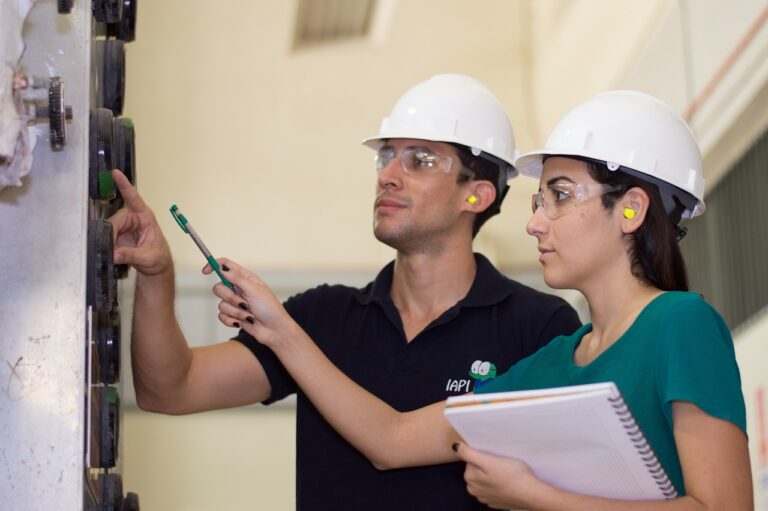The Importance of Environmental Education
Environmental education plays a crucial role in creating awareness among individuals about the pressing environmental issues facing our planet today. Through educational initiatives, people can learn about the intricate ecosystems that sustain life on Earth and the delicate balance that must be maintained to preserve our environment for future generations. By raising awareness about topics such as climate change, biodiversity loss, and pollution, environmental education empowers individuals to make informed choices and take actions that contribute to the sustainability of our planet.
Moreover, environmental education helps individuals understand their interconnectedness with the environment and the impact of their daily actions on the planet. By fostering a sense of responsibility and stewardship towards the environment, education encourages individuals to adopt sustainable practices and make environmentally conscious decisions in their personal and professional lives. Ultimately, the goal of environmental education is to instill a sense of environmental ethics and values that will guide individuals towards a more sustainable and harmonious relationship with the natural world.
Understanding the Impact of Human Activities on the Environment
Human activities have had a profound impact on the environment, leading to a variety of consequences. Industries and transportation are significant contributors to air pollution, releasing harmful gases and particulate matter into the atmosphere. This not only affects air quality and public health but also contributes to the ongoing issue of climate change, with the increase in greenhouse gas emissions trapping heat in the atmosphere.
Deforestation, driven by agricultural expansion and urbanization, is another critical factor in environmental degradation. The loss of forests not only diminishes biodiversity but also disrupts ecosystem services, such as carbon sequestration and water regulation. This, in turn, leads to soil erosion, reduced water quality, and increased vulnerability to natural disasters.
What is the role of environmental education in creating awareness?
Environmental education plays a crucial role in creating awareness about the impact of human activities on the environment. It helps individuals understand the importance of sustainable practices and encourages them to take action to protect the environment.
How do human activities impact the environment?
Human activities can have a significant impact on the environment through pollution, deforestation, habitat destruction, and the release of greenhouse gases. These activities can lead to climate change, loss of biodiversity, and other environmental problems.
What are some examples of human activities that harm the environment?
Examples of human activities that harm the environment include industrial pollution, agricultural practices that lead to deforestation and soil degradation, overfishing, and the use of non-renewable resources like fossil fuels.
How can individuals reduce their impact on the environment?
Individuals can reduce their impact on the environment by practicing sustainable habits such as recycling, conserving water and energy, using public transportation or carpooling, supporting environmentally-friendly products, and reducing waste.
Why is it important to understand the impact of human activities on the environment?
Understanding the impact of human activities on the environment is crucial for addressing environmental issues and promoting sustainability. By recognizing how our actions affect the environment, we can make informed decisions to protect natural resources and ecosystems for future generations.





